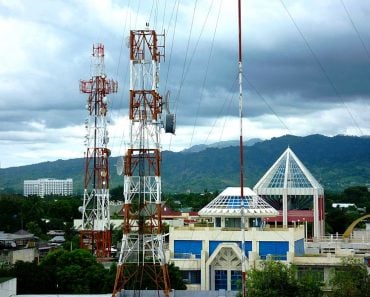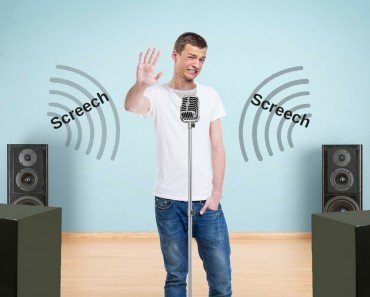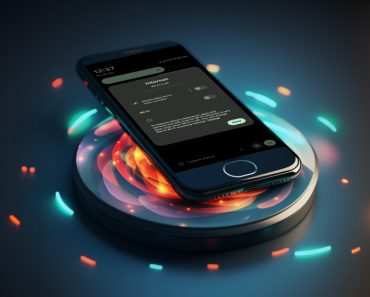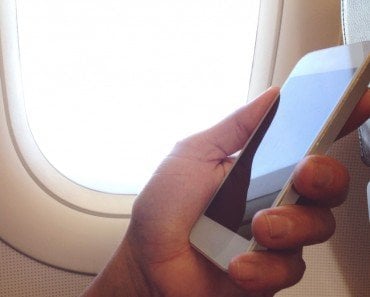Table of Contents (click to expand)
The sound is caused by the speaker’s antenna picking up the radio signal from the base station to the cell phone when someone calls you. The best way to eliminate that irritating noise from your speakers is to simply move your phone a fair distance away (depending on the strength of the signal and the type of speaker).
If you have a cell phone (and most of the world does), then you know how powerful and incredible they are, but they’re far from perfect. From cracked screens to water damage, they are still tiny machines that are susceptible to outside influences. One of the most confusing and mysterious behavior of phones, however, is their impact on nearby speakers when they ring.
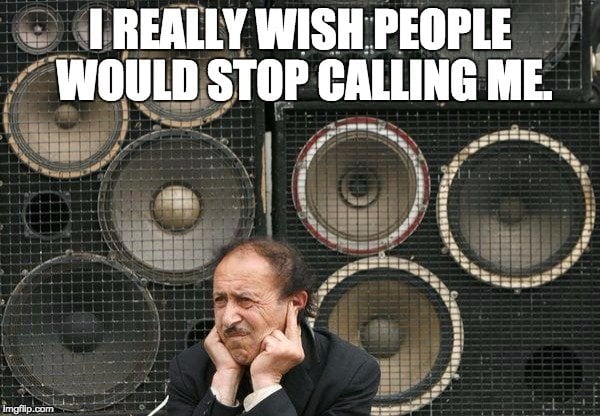
You can surely remember that high-pitched screeching that rips out of the speakers, and while many people didn’t initially connect it with their ringing phones, it’s now a well known link. The question is… why does that sound occur?
Recommended Video for you:
The Science Of The Screech
To put this in simple terms, you should start by understanding that every phone is basically a radio transmitter, and it transmits pulses of digital sound and data files to the base station (the tower) so that communication can occur. The wiring inside most speakers are not protected or shielded from this sort of frequency, and there is typically a non-linear circuit element (transistor) within a speaker that detects these high-pulse radio signals.
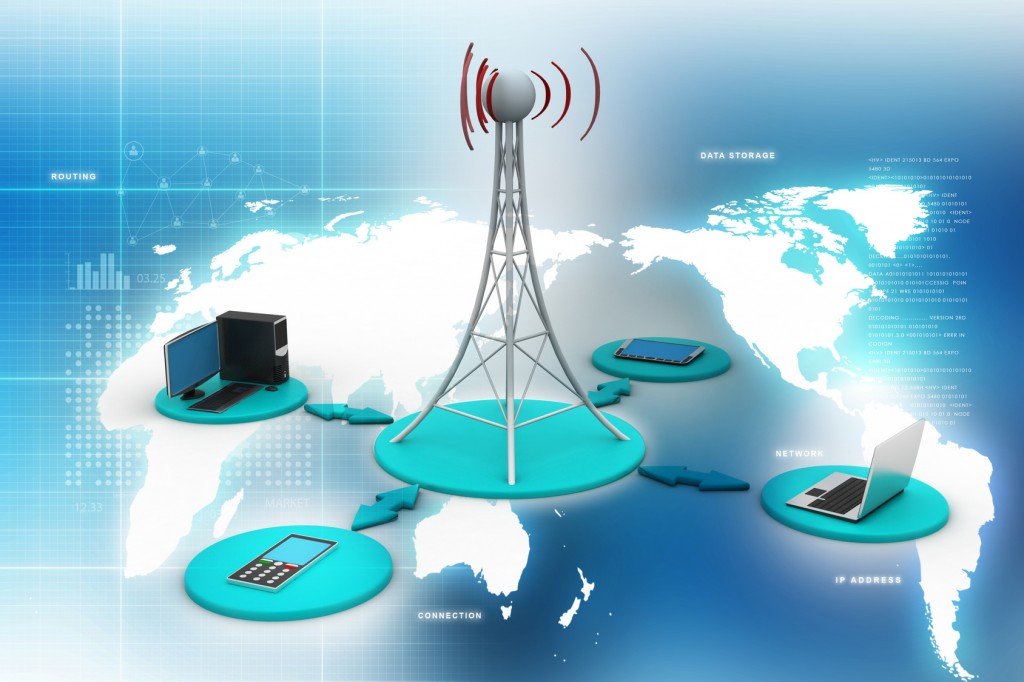
The element in the speaker then rectifies (translates) those radio signals into audio signals, which are in turn heard in such an unpleasant way through the speaker, in addition to a lower level of the audio that had previously been playing through the speakers.
For non-active speakers, this does not always occur, although there are certain types of phones that will activate unpowered speaker circuits. Anecdotal evidence reports that lower-end phones are less powerful, and interact less dramatically with the antennas of speakers.
In even more straightforward terms, there is an antenna within speakers that catches the radio signals sent from the base station to the cell phone when someone calls you. That antenna picks up that signal and generates the noise from the speakers, and will continue to do so until the phone call ends (radio signal transmission ceases).
Ways To Avoid The Annoyance?
It may seem like common sense, but the best way to eliminate that irritating noise from your speakers is to simply move your phone a fair distance away (depending on the strength of the signal and the type of speaker). Usually, the range of interference is only a few feet, but can be as little as a few inches in some cases.
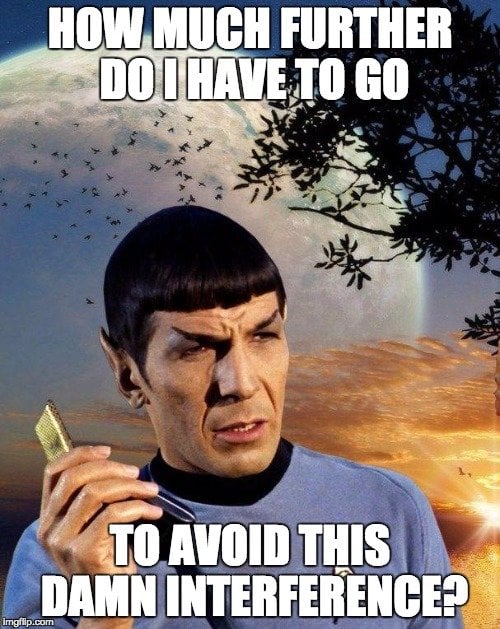
If you want to prevent it from ever happening, you simply need to invest in the right type of speakers – namely those that are of high enough quality that have shielded cables. Speakers that have digital inputs are also preferable and won’t react in the same way as older speakers. You can also shield your amplifier, which is located in the subwoofer in most inexpensive speakers. By wrapping the amplifier in tin foil and grounding it, you can avoid the interference noise.
There are also different types of phones that behave differently in these radio signal situations. TDMA (Time Division Multiple Access) phones, for example, are notoriously bad for compromising radio signals going to nearby speakers, while CDMA (Code Division Multiple Access) phones aren’t known to be that bad. Verizon is a popular brand of CDMA phones, and thus has less reported incidences of this interference.
One is not necessarily better than another, because the building penetration powers of CDMA and TDMA phones may be different, but if the sound of screeching interference is driving you crazy, then you know which company to turn to.

The best and easiest solution, of course, is to keep your phone in your pocket, and try not to stand next to a cheap speaker if you’re expecting a call!


